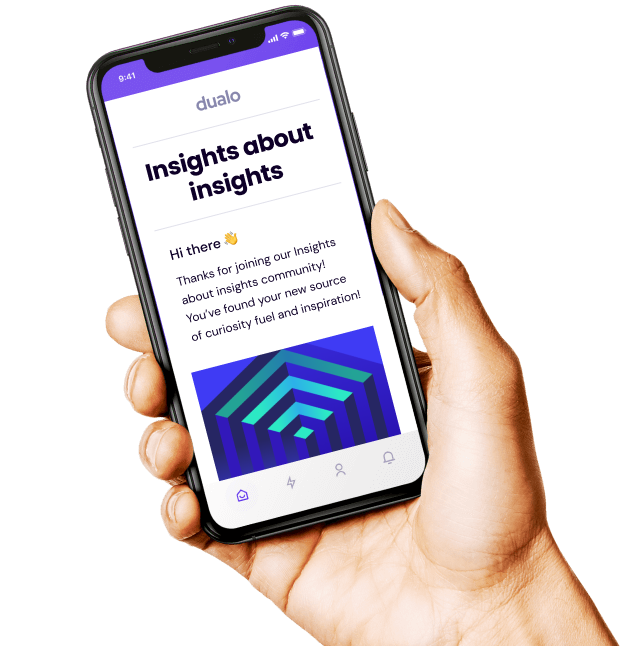What is user research excellence and is it achievable by any team?
User research excellence is an approach followed by today’s best product teams to maximise the value and impact of their user research, and with the right tools and techniques it’s something that can be accomplished by any organisation.






.svg)

.jpeg)

.jpeg)
.jpeg)

